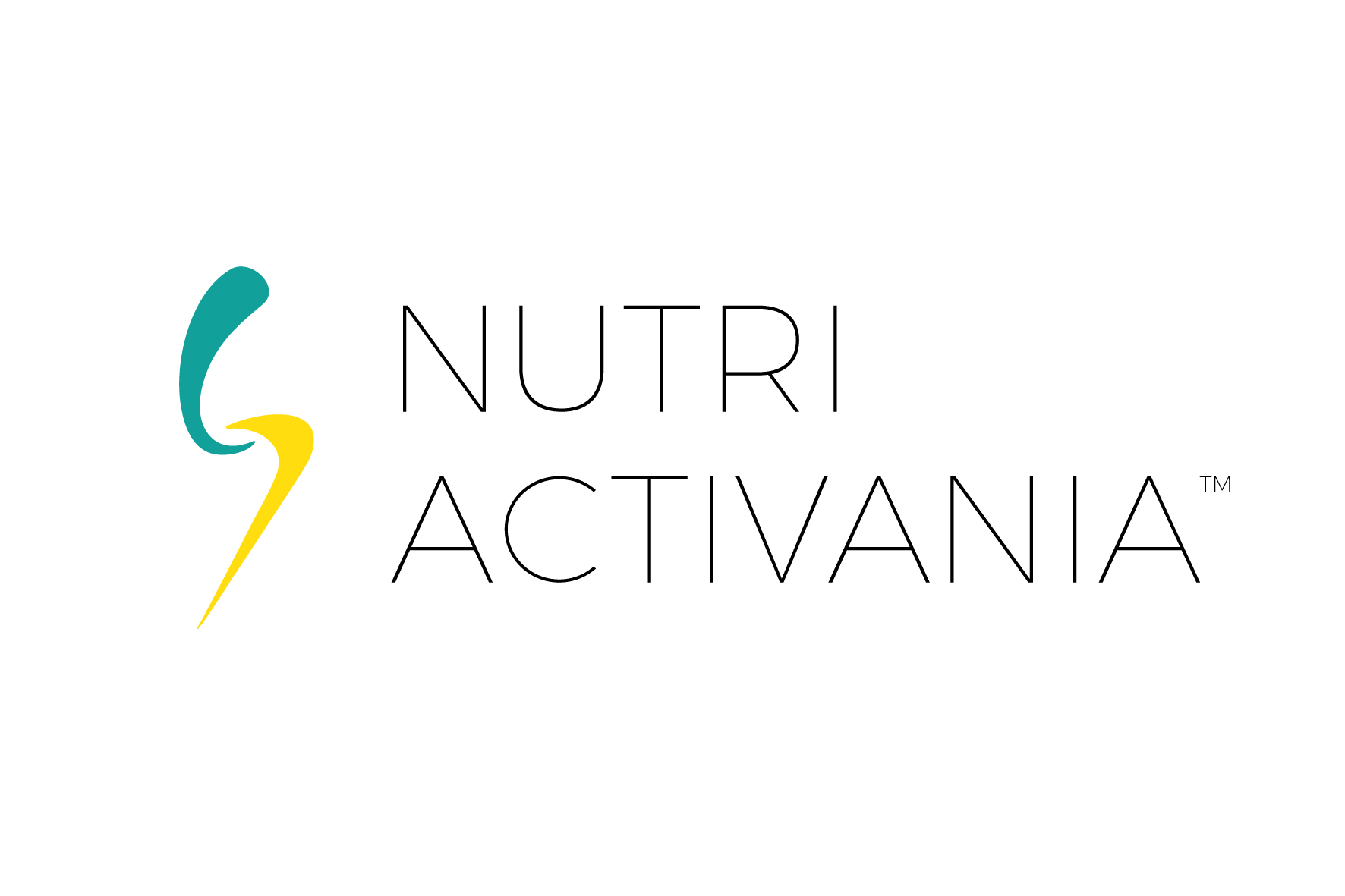Decodes Delhi’s Leading Nutritionist and Dietician Avni Kaul
Coffee—are you simply in love with this enigmatic, ubiquitous beverage? Are you someone who cannot imagine their morning without a cup of hot coffee? Despite its many health benefits, this popular beverage is said to be one of the causes of Polycystic ovarian syndrome or PCOS in women. It is a hormonal disorder that causes female infertility, irregular menstrual cycles, excess hair growth, acne, and weight gain.
PCOS puts women at a higher risk for type 2 diabetes, high blood pressure, cardiac ailments, and even endometrial cancer. Approximately one in five i.e. 20% of Indian women suffer from PCOS. Undoubtedly it is a matter of concern and if left untreated can be fatal. While it is commonly seen among women of reproductive age, PCOS may appear as early as adolescence.
What causes PCOS?
The real cause is still unknown. However, obesity, genetics, insulin resistance, excessive production of androgen in the ovaries that interfere with ovulation, etc are said to be contributing factors to PCOS.
Coffee and PCOS
Studies reveal that three to four cups of coffee a day can reduce the risk of premature death and heart disease. In addition, it can reduce the risk of Parkinson’s disease, melanoma, different types of cancer, and even suicide. However, excessive intake of coffee can increase the risk of PCOS in women.
So, should you simply stop drinking coffee? Let’s find out more about the pros and cons of coffee on PCOS from the top nutritionist and dietician in Delhi for PCOS, Avni Kaul.
Pros
Improves Insulin Sensitivity: Research suggests that regular consumption of filtered coffee (caffeinated and decaffeinated) can reduce the risk of Type 2 Diabetes in women suffering from PCOS owing to the presence of magnesium in coffee which improves insulin sensitivity. Women with PCOS can make insulin but can’t utilize it effectively thereby increasing the risk of Type 2 diabetes. The presence of a bioactive substance in coffee called Cafestol lowers the risk of Type 2 Diabetes which stimulates insulin secretion and increases glucose uptake in muscle cells.
Helps in reducing weight
It is a scientific fact that the higher the metabolic rate, the easier it is to lose weight. The caffeine in coffee increases the metabolic rate of your body thereby helping in weight loss which is a must for PCOS patients. Insulin resistance is the main cause of obesity in PCOS patients.
Improves SHBG Levels
According to some studies, caffeinated coffee increases the level of Sex Hormone Binding Globulin aka (SHBG), a protein made by the liver. SHBG binds together with three sex hormones, viz; estrogen, testosterone, and dihydrotestosterone (DHT), and reduces the circulating levels of ‘free hormones’. PCOS patients, however, have low levels of SHBG raising the level of free testosterone in the body thereby leading to PCOS symptoms of infertility, hair loss, and excess hair growth (hirsutism). Therefore, an increase in SHBG levels will improve PCOS symptoms.
Cons
Impact on fertility
Does coffee really reduce fertility? There is no conclusive evidence yet. However, studies reveal that it is the amount of caffeine that affects a woman’s fertility. It has been observed that high doses of coffee may delay pregnancy, especially in women with PCOS. Coffee can increase the risk of miscarriage according to some studies.
Sleep disturbance
PCOS is a hormonal disorder and sleep plays a crucial role in balancing hormones. PCOS patients often suffer from sleep disturbances. Make sure you don’t drink coffee before bed as it takes about 5 hours for the concentration of caffeine in the blood to reduce to half.
Adrenal fatigue
Women with PCOS must reduce their daily intake of coffee as it causes adrenal fatigue which causes chronic lethargy, hormonal disruption, irritability, and anxiousness.
Takeaway
It is evident from this article that coffee has its own merits and demerits for PCOS patients. It is suggested to drink coffee in moderation for women with PCOS.
- Is It Safe to Eat Mango If You Have Diabetes? - April 30, 2024
- Amazing Indian Foods to Lower Your Blood Pressure Level Naturally - April 26, 2024
- Fruits That Can Help You Lose (or Maintain Your) Weight - April 23, 2024

